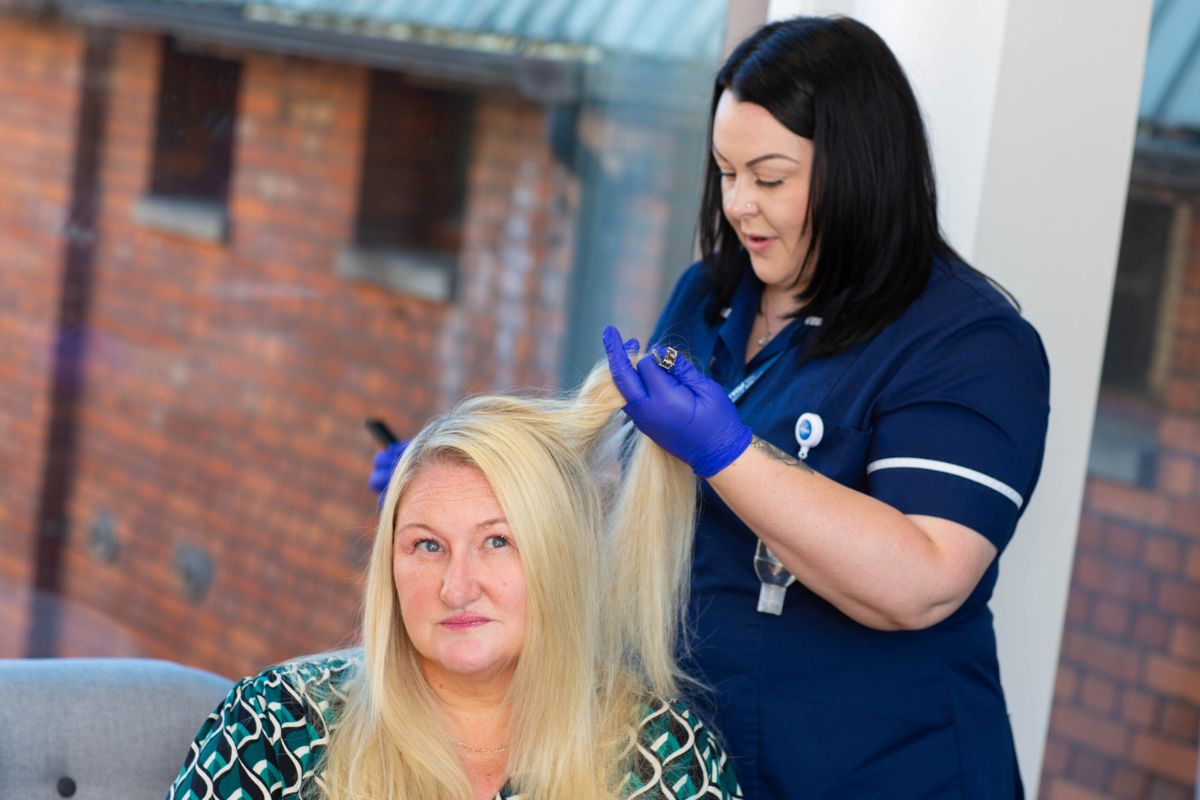
Can medications affect hair drug and alcohol testing?
By Emily Rees‑Avaient, Reporting Scientist
Published: 09/08/23
Updated: 10/06/25
Does medication affect hair drug and alcohol testing?
When a sample collection takes place, the donor will be asked to declare any over the counter or prescribed medications they have used.
Why is this done?
This is done to ensure this information is used for consideration when interpreting the results and producing the expert report (if requested). In this guide, we investigate whether medication can affect hair drug and alcohol testing.
The scenario
A solicitor receives the drug test results for one of their clients, and the results are positive for heroin use. The client is adamant they have not used heroin, but after the sample collection, remembered they had used co-codamol (codeine) during the time period covered by the drug test undertaken.
Both the heroin specific metabolite 6-acetylmorphine and codeine are included in the Lextox opiate drug group, which you can learn more about in our drug detection list.
The solicitor wants to know if the use of co-codamol (codeine) could account for the positive heroin results obtained.

Screening vs confirmation tests
For information, screening methods look for a specific drug group, i.e. opiates. If the result is positive, the sample is then further analysed using a confirmation method such as gas chromatography with tandem mass spectrometry (GC-MS/MS) or liquid chromatography with tandem mass spectrometry (LC-MS/MS) to determine which drug(s) within that drug group have been detected.
It is always recommended to use a confirmation method over a screening only method; this is because screening is not specific, and certain compounds/medications can cause false positive results on some screening methods.
As such, Lextox only use the confirmation methods GC-MS/MS and LC-MS/MS. Both GC-MS/MS and LC-MS/MS are highly sensitive and specific confirmatory techniques. So when, for example, the heroin specific metabolite 6-acetylmorphine is detected, it can only be 6-acetylmorphine and not any other substance.
To refer back to the scenario detailed, co-codamol (codeine) does not contain the heroin specific metabolite 6-acetylmorphine, nor does it metabolise (break down in the body) to produce 6-acetylmorphine.
As such, the use of co-codamol (codeine) would not account for the positive 6-acetylmorphine results obtained in this case.

Does medication affect a hair alcohol test?
Lextox analyse hair samples for two alcohol markers, ethyl glucuronide (EtG) and ethyl palmitate (EtPa). The use of medications can, if they contain ethanol (alcohol), contribute to a minor degree to the level of EtG and/or EtPa detected. However, the test undertaken by Lextox is for the assessment of chronic excessive alcohol consumption.
As such, the use of medications alone would not account for levels of EtG and EtPa detected above the cut-off level for chronic excessive alcohol consumption.

How we can help
If you would like to find out more information on the medication that affects hair drug and alcohol testing, you can speak to one of our experts who are happy to help.
Contact us today on 02920484141 or email [email protected]. Or for more articles on hair drug and alcohol testing, please visit our blog.
Published 09/08/23 – All information correct at time of publication





